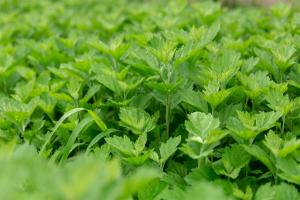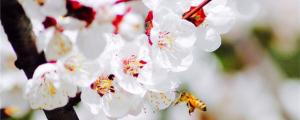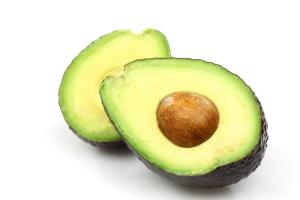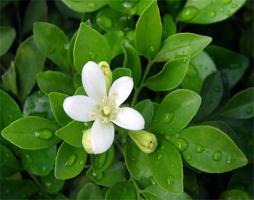Will Bleach Kill a Newly Planted Tree?
Planting a tree can be a very rewarding experience. However, it also comes with its own set of challenges. One of the biggest concerns a tree planter faces is protecting the tree from pests and diseases. While there are a variety of ways to accomplish this, some people consider using bleach to treat their trees. In this article, we will answer the question, “Will bleach kill a newly planted tree?”
What is Bleach?
Bleach is a chemical that has been used for laundry, cleaning, and disinfecting for many years. Its active ingredient, sodium hypochlorite, is a strong oxidizer that is used to kill bacteria, viruses, and other pathogens. Household bleach typically contains 5% sodium hypochlorite, but industrial bleach can contain up to 25%.
How Can Bleach Harm a Tree?
If bleach is applied directly to a tree or its roots, it can result in severe damage or death. This is because bleach is a powerful oxidizer that can destroy cell membranes and proteins in the plant. Additionally, bleach can change the pH levels of the soil, which can also cause harm to the tree. A newly planted tree is especially vulnerable to damage because its roots are still establishing themselves and are not yet strong enough to withstand harsh chemicals.
Alternatives to Bleach
Thankfully, there are effective alternatives to using bleach to protect a newly planted tree. One option is to use natural methods of pest and disease control. For example, companion planting can help reduce the likelihood of pests infesting a tree. Companion plants are those that are planted near the target plant and have properties that repel pests or attract beneficial insects. In addition, using organic mulch can help retain moisture and suppress weed growth, which can reduce the likelihood of pests taking hold in the soil.
If chemical treatments are necessary, there are several products available that are specifically designed to treat trees without causing harm. Always read and follow the instructions when using these types of products. They are formulated to be safe for use on trees and will not harm the tree or the soil.
Conclusion
Using bleach to treat a newly planted tree is not recommended. Bleach can cause severe harm or even death to a tree by destroying the cell membranes and proteins in the plant. Additionally, bleach can change the pH levels of the soil, which can also cause harm to the tree. However, there are many alternatives to using bleach that are both safe and effective, such as natural pest and disease control methods, companion planting, and using tree-specific treatments. By following these recommendations, you can help ensure your newly planted tree grows healthy and strong for many years to come.

 how many times do yo...
how many times do yo... how many planted tre...
how many planted tre... how many pine trees ...
how many pine trees ... how many pecan trees...
how many pecan trees... how many plants comp...
how many plants comp... how many plants can ...
how many plants can ... how many plants and ...
how many plants and ... how many pepper plan...
how many pepper plan...































